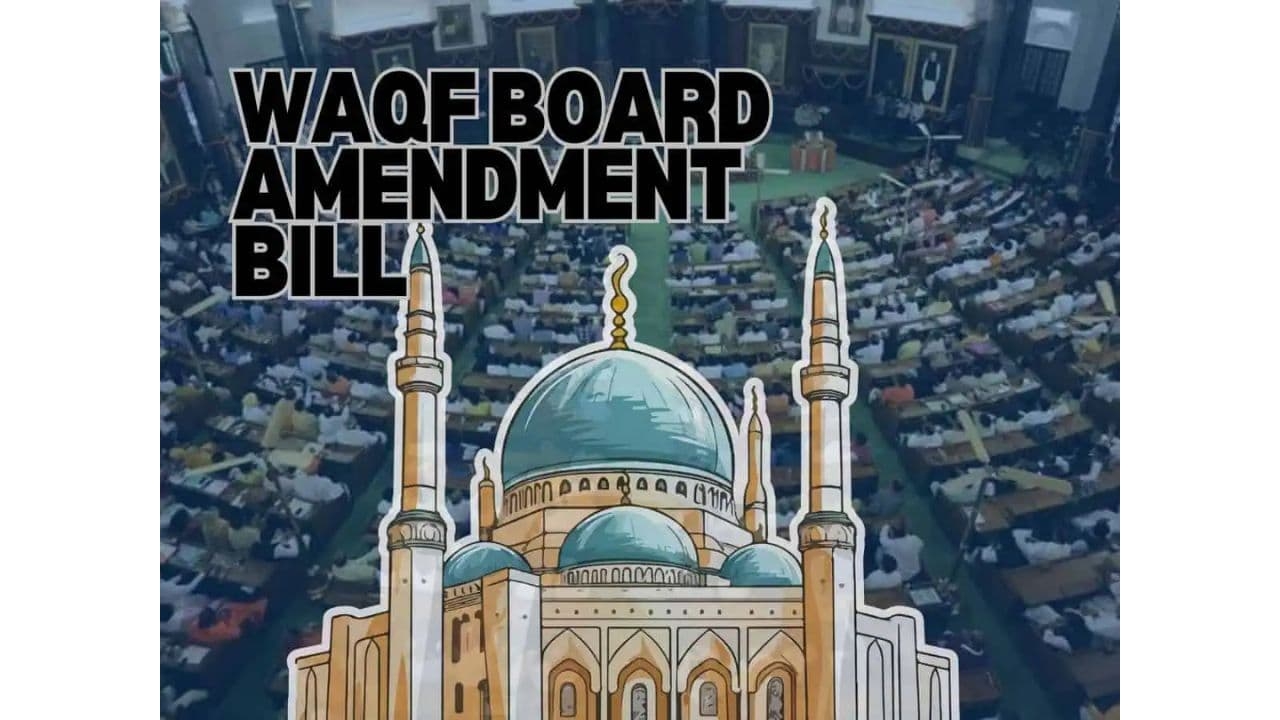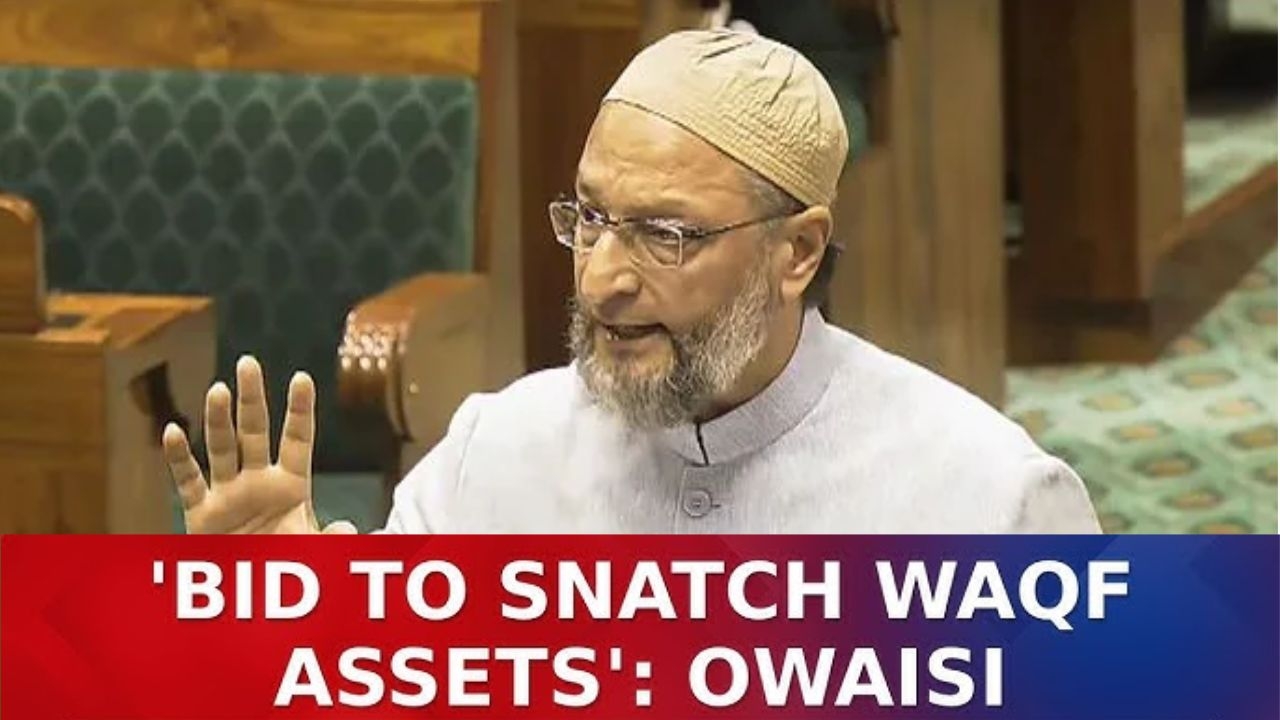Government's Waqf Board Reforms: Modi Government Seeks To Ensure Transparency & Accountability
Islamists such as Asaduddin Owaisi have said the bill is an attempt to engineer the autonomy of Waqf boards and part of a bigger "Hindutva agenda."
Total Views |

The presumed amendment to the Waqf Act by the Modi government is certainly a step in a positive direction and goes in great lengths towards restraining the unfettered authority of these Waqf Boards prevalent across India.
It has generated a heated debate, with Islamists including AIMIM leader Asaduddin Owaisi calling it an infringement of religious rights. Nevertheless, the presumed bill has pointed out a number of important ones that take one step closer to what could be easier and fairer property management.

Current Status of Waqf Assets
In India, the Waqf Boards manage a large portfolio of properties, estimated to be around 8.7 lakh assets covering almost 9.4 lakh acres of land. These assets are used for the purpose of religion and charity serving Muslims. But over the years, there have been various cases of mismanagement and encroachment on the land—disagreements that ended up in courtrooms or with popular uproar.
The Need for Reform
The Waqf Act, 1995, as amended in 2013, gives considerable powers to the State/Union Territory Waqf Boards for finalisation of the status of properties. Thus, it has been responsible for arbitrary decisions and abuse of power at times.
The bill under consideration addresses the issue by making it compulsory for the Waqf Board to verify all property claims. First and foremost, this measure is crucial in order to avoid the unauthorised occupation and fraudulent claims on properties that may not even be legally belonging to Waqf.
Key Elements of the Presumed Bill
1. Verification Mandatory: Waqf Board claims over properties will be required to follow a mandatory verification process. This step aims to lock the board's hands from managing any property that is fakely shown as Waqf and thus prevent corrupt practices.
2. Advanced Technology: Besides that, it includes the use of Geographic Information System (GIS) mapping and electronic documentation for increased transparency. This would ensure effective monitoring and management of Waqf properties in an accountable and transparent manner.
3. Engaging District Authorities: The government is mooting involving district magistrates in the monitoring of Waqf assets to prevent their misuse. This additional level of scrutiny might help deter and stop the unlawful transfer and encroachment of land.
4. Protection of Public Interest: It would also attempt to prevent the misuse and/or mismanagement of Waqf properties that are supposed to be used for charitable or religious functions.
Positive Impacts of the Bill
The presumed amendments are expected to lead to a number of beneficial changes:
1. Reduction in Litigation: Defining and validating Waqf properties would reduce disputes and litigations related to property claims. That would save time and resources for both the Waqf Boards as well as the judiciary.
2. Improved Accountability: Digitisation and GIS mapping of properties will ensure accountability, reduce corruption, and prevent land grabs in Waqf Board premises.
3. Fair Utilisation of Resources: In this way, the endowment boards can provide that only real Waqf centres are handled by them, which will thus help a fair usage and utilisation, ensuring the right beneficiaries enjoy such assets.
4. Public Confidence: The public would be provided with a long-awaited peace of mind by making the management of Waqf properties more transparent and accountable.

Answering Concerns of Opposition
Islamists such as Asaduddin Owaisi have said the presumed bill is an attempt to engineer the autonomy of Waqf boards and part of a bigger "Hindutva agenda." But it must be understood that the basic objective of under considered amendments is to make sure Waqf properties are managed properly and their purposes, particularly, do not go unfulfilled.
To safeguard the function and use of Waqf properties as expected, it involves district authorities with a more compulsory verification process. These steps should not be seen as an assault on religious freedom but as a course correction to force the Waqf Boards to function within the parameters of law and justice.
Conclusion
Religious freedom has always been a delicate issue in the Southeast Asian country due to its diversity of faith, but it is important not to let some fear over Wahabi influence blur this presumed bill's potential ability to make an even, fair, and transparent handling for community benefitment.
The consideration of the Modi government to amend the Waqf Act in India is a progressive development towards efficient management and transparency of Waqf properties. The presumed bill aims to curb these problems by introducing mechanisms for accountability and streamlining the system in a bid to tackle mismanagement and encroachment of public land.
Article by
Shomen Chandra
Sub Editor, The Narrative


